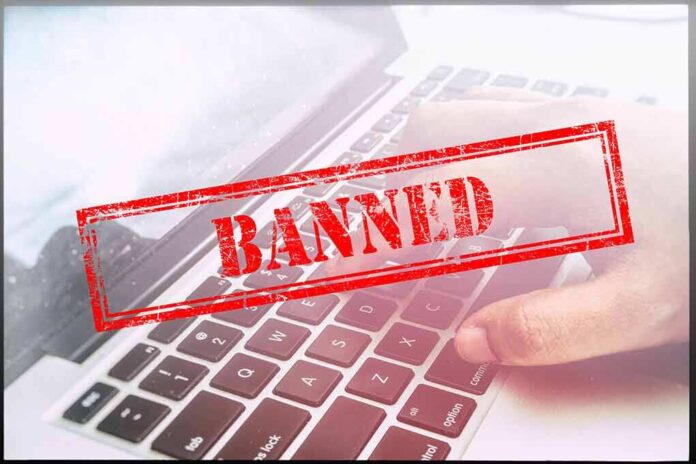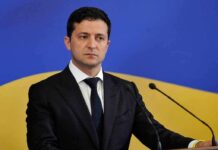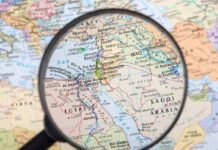
Russia has declared the British Council an “undesirable organization,” making it illegal within its borders and threatening Russians who continue to engage with it with criminal prosecution.
Key Takeaways
- Russia has designated the British Council as an “undesirable organization,” effectively banning its operations in Russia
- The Kremlin has accused the UK of being an “instigator of wars” and the “architect of global crises”
- Russia claims the British Council promotes imperial interests and supports LGBT rights, which are outlawed in Russia
- Anyone continuing to work with the British Council in Russia now risks criminal prosecution and potential jail time
- This move further deteriorates UK-Russia relations already strained by espionage scandals and the Ukraine conflict
Russia’s Crackdown on “Foreign Influence”
The Russian Prosecutor General’s Office announced the decision to ban the British Council on Thursday, marking a significant escalation in Moscow’s ongoing campaign against Western organizations. The British Council, which promotes British culture and education abroad, has been specifically accused of advancing British imperial interests under the guise of cultural programs. Russia claims these programs are merely a front for promoting English language learning and gay rights, which runs counter to Russia’s self-declared traditional values. This action adds to the growing list of Western-backed organizations Russia has declared “undesirable” in recent years.
“Russia on Thursday designated the British Council as an undesirable organization, as Moscow labeled London the architect of global crises and instigator of wars,” stated State media.
Accusations of British Imperialism and Global Interference
Russia’s Federal Security Service (FSB) didn’t mince words in its assessment of the United Kingdom, portraying Britain as a malevolent global actor intent on creating worldwide chaos. In a strongly worded statement, the FSB accused London of organizing coups, weakening both enemies and allies, and preventing the resolution of conflicts it allegedly started. This rhetoric reflects the Kremlin’s broader narrative that Western powers are working to undermine Russia’s sovereignty and interests on the global stage. Russia has particularly taken issue with Britain’s staunch support for Ukraine, which has included substantial military aid packages.
“London organizes coups, weakens not only its geopolitical enemies but also its closest allies, pits nations against each other and prevents the resolution of bloody conflicts that it unleashed,” stated FSB.
Deteriorating Diplomatic Relations
This latest action comes amid already severely strained relations between Moscow and London. The diplomatic relationship has been on a downward spiral for years, exacerbated by several high-profile incidents including the 2018 poisoning of former Russian spy Sergei Skripal and his daughter in Salisbury, England. That incident, which the UK government attributed to Russian intelligence operatives, resulted in a significant diplomatic fallout. The 2022 Russian invasion of Ukraine has only deepened the rift, with Britain positioning itself as one of Ukraine’s most vocal and materially supportive allies against Russian aggression.
Legal Implications for Russians
The “undesirable organization” designation carries serious legal consequences for Russian citizens who continue to engage with the British Council. Under Russian law, participating in the activities of such organizations can result in fines or imprisonment. The first offense typically leads to administrative penalties, but repeated violations can trigger criminal charges with potential jail terms. This approach effectively isolates Russians from Western cultural and educational exchanges while reinforcing President Putin’s broader campaign against foreign influence, which has intensified dramatically since the start of the Ukraine conflict.
Part of a Larger Pattern
This move against the British Council aligns with Russia’s broader crackdown on civil society and Western-linked organizations. Under President Putin’s leadership, Russia has systematically restricted the operations of independent media, human rights groups, and Western NGOs, often labeling them as “foreign agents” or “undesirable organizations.” Rights groups and Western governments have condemned these actions as part of an authoritarian turn in Russian governance, while the Kremlin defends them as necessary measures to protect Russian sovereignty from foreign interference. The ban on the British Council represents yet another step in Russia’s increasing isolation from Western cultural and political institutions.












